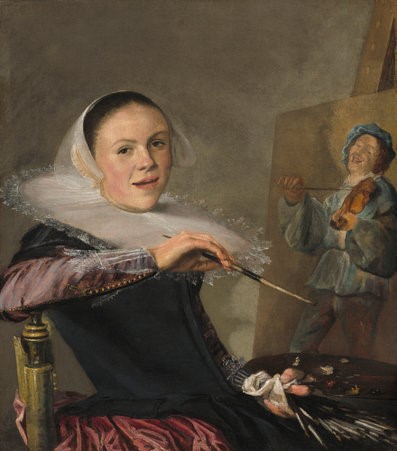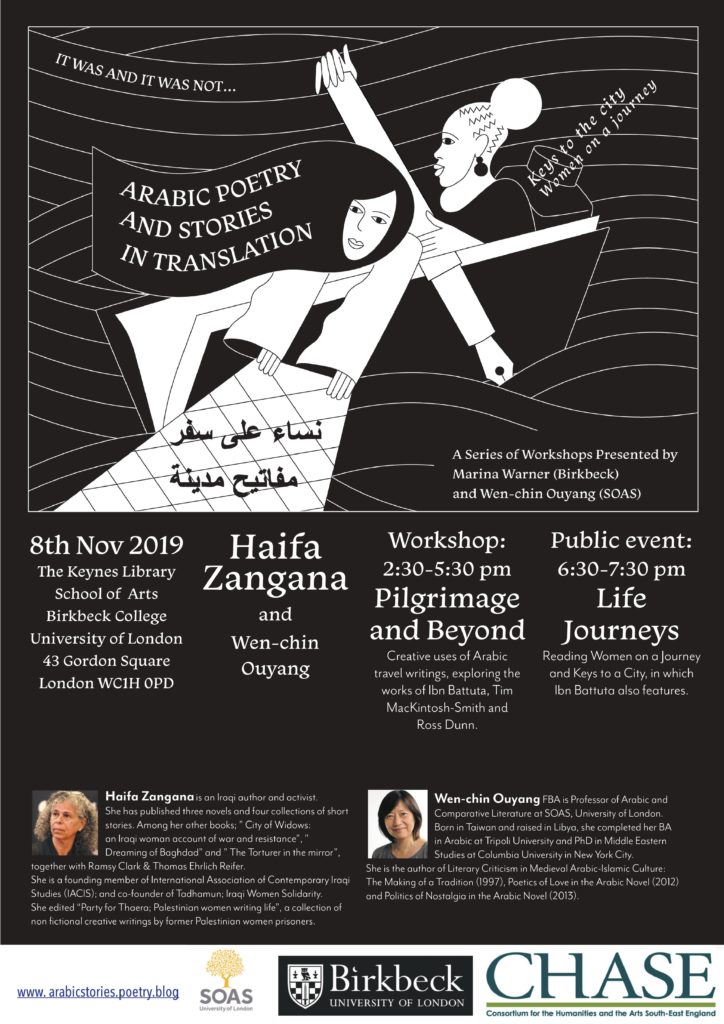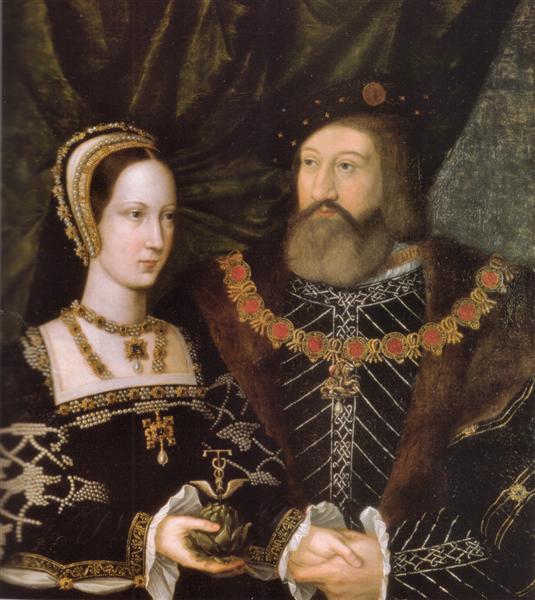Paris Early Modern Seminar & London Renaissance Seminar
Power and Objects in Portraiture
Keynes, Birkbeck School of Arts, 43 Gordon Square (am) and National Portrait Gallery (pm)
6 December 2019 – 9.30am – 5.00pm

9.30-13.00 PART 1: Portraits: Manufacture, Meaning and Money
9.30-10.25 PANEL 1: Making the portrait: Images and things
9.30-9.50: Robert Maniura (Birkbeck), ‘What can (Renaissance) portraits do?’
9.50-10.10: Anne-Marie Miller-Blaise (Sorbonne nouvelle), ‘Expanding arenas of influence: Spheres, perspective, surfaces and the painter’s instruments’
10.10-10.20 Discussion
10.20-11.35: Panel 2: Men in Meetings
10.20-10.40: Matt Dimmock (Sussex), ‘For Whom the Bell Tolls: Robert Cecil’s Portrait in the NPG’
10.40-11.00: Karen Hearn (UCL, London) ‘Men in Black and a Turkey Carpet: Images of the 1604 Somerset House Conference’
11.00-11.20 Ladan Niayesh (Paris Diderot), ‘Evolutions of the oriental carpet motif in state portraits: Tudor to Stuart’
11.20-11.35 Discussion
11.35-12.00pm COFFEE
12.00-12.55 PANEL 3: Representation: Inside and outside the gallery
12.00-12.20 Anne-Valérie Dulac (Sorbonne Université), ‘The Lustre of Power in Nicholas Hilliard’s ‘Phoenix’ Portrait of Elizabeth’
12.20pm-12.40
Mathilde Alazraki (Paris Diderot), ‘Euro-Persian Self-Staging and Feminine Power in Teresa Sherley’s Portraits (1622-4)’
Respondents & discussion 12.35-12.55/13.00
13.00-14.30 – LUNCH and walk to NPG
14.30 Convene upper foyer National Portrait Gallery (to left of ticket desk)
(times include presentations of 10 minutes followed by discussion with the group)
WALK 1 14.30-15.35 Portraits and power: presentations and discussion
14.35 pm-14.50 ROOM 2
Eva Lauenstein (Birkbeck), ‘‘“Death painted on their houses”: Female lineage and the portrait of Sir Henry Unton’
14.50-15.05 ROOM 2
Béatrice Fuga (Sorbonne nouvelle), ‘Henry Lee’s Fickle Harmony: Of Knots and Spheres’
15.05-15.20: ROOM 2
Nicholas Thibault, ‘John de Critz’s portrait of Sir Francis Walsingham between shadow and light’
15.20-15.30 pm SHORT BREAK
WALK 2: 15.30-16.30 The image abroad: courts, places and power
15.30-15.45 ROOM 4
Clare McManus (Roehampton), ‘Death by Fashion: John Fletcher’s Portrait and the Performance of Gender’ John Fletcher by an unknown artist from c. 1620 (hanging in room 4 – NPG 6829).
15.45-16.00 ROOM 4
Torben Lund (Birkbeck), ‘Anne of Denmark, Royal Consort’
Anne of Denmark (12 December 1574 – 2 March 1619), Queen of Scotland (1589- 1619) and Queen of England (1603-19)’ John de Critz the Elder, Oil on Panel, 1605-10.
16.00-16.15 Lauren Working (Oxford), ‘Anne of Denmark’s Imperial Gaze’
16.15-16.30
ROOM 5 Fanny Morasin (Sorbonne nouvelle), ‘Anne Clifford’s Ornamented Hair and the Assertion of Filial Legitimacy’
16.30-: Discussion, Tea break in NPG café & free time (NB NPG is open late on Fridays).
The London Renaissance Seminar (LRS) is a forum for the discussion of all aspects of early modern history, literature, and culture. It meets regularly at Birkbeck School of Arts, 43 Gordon Square. Anyone with a serious academic interest in the Renaissance is welcome and no registration is necessary.
For further information about this seminar contact Sue Wiseman: s.wiseman@bbk.ac.uk and Eva Lauenstein: lauenstein.eva@gmail.com . To join the LRS mailing list, please contact Tom Healy: t.f.healy@sussex.ac.uk. Twitter: @LondRenaissance
sance
.
.
Category: Archived Events
.
Tags: Art, English and Humanities, History of Art, London Renaissance Seminar, portraiture, Renaissance




